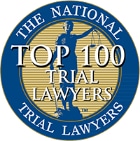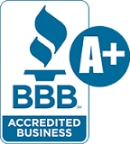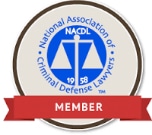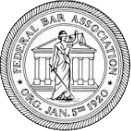Fireworks laws vary across the Valley, officials concerned about fire potential during Arizona dry season
Posted by: Phoenix Arizona Criminal Defense and Personal Injury Lawyers, Alcock & Associates
Dozens of fireworks retailers have set up shop across the Southeast Valley, creating easy public access to sparklers, torches, spinners and fountains – most with a patriotic theme in honor of Independence Day.
The challenge during this initial Fourth of July weekend since consumer fireworks became legal to buy in Arizona comes in determining where and when the fireworks can be used. In many communities it is legal to purchase them but illegal to detonate them.
The Legislature legalized the sale of consumer fireworks effective last December but left use regulations to municipalities.
The result is a hodgepodge of ordinances that differ by community.For example, Gilbert, Mesa and Queen Creek allow fireworks use on certain days on private property only. Chandler and Tempe have banned the use of consumer fireworks, although use of novelty items like poppers, smoke bombs and sparklers is legal.
“County islanders,” those who live in unincorporated areas in Maricopa and Pinal counties, are prohibited from using consumer fireworks.
Apache Junction hasn’t imposed any restrictions on consumer fireworks, which can be used year-round, on public and private property.
Consumer fireworks are defined by the American Pyrotechnics Association to include ground and handheld sparkling devices, illuminating torches, flitter sparklers and wheels. The new state law does not allow for firecrackers and fireworks designed or intended to rise into the air and explode, such as bottle rockets, skyrockets, helicopters and Roman candles.
Sales in Arizona have been a bit slower than anticipated, said Scott Zimmerman, a Colorado vendor who has operations in Arizona, New Mexico and South Carolina.
Wet, cold weather put a damper on sales over New Year’s and dry summer heat appears to be affecting Fourth of July sales, he said.
“Everybody starts to get a little cautious when a quarter of your state’s on fire,” Zimmerman said, referring to the slew of wildfires that have ravaged the state’s forests.
Zimmerman has three sales locations in Mesa, two in Phoenix and two in Peoria.
“It’s still a decent market,” he said. “It’s just not as big a market as some of the other states.”
With the exception of a few independents, most vendors selling in Arizona are from other states, Zimmerman said. There are some from New Mexico, one from Texas and some “big boys” from the East Coast, he said.
State law prohibits vendors from selling fireworks to anyone younger than 16.
Here’s a breakdown of how each Southeast Valley community regulates fireworks during the Fourth of July weekend:
Gilbert, Queen Creek
Consumer fireworks use in Gilbert is legal Sunday through Wednesday, but only on private property with the owner’s permission.
Gilbert Mayor John Lewis has expressed concern that the public may not understand which fireworks are legal and which are not.
Over New Year’s, town inspectors confiscated 92 boxes, or 150 pounds, of illegal fireworks. Gilbert police responded to 155 fireworks calls from Dec. 1 to Jan. 10, up from 50 during the same period the year before.
Gilbert Fire Marshal Dan DuBois said he expects 21 temporary fireworks shops – most in parking-lot tents or on vacant retail space – to be permitted within town limits.
Permanent stores, such as Target or Walmart, do not need a permit to sell consumer fireworks, he said. Initially, about 60 store managers intended to sell fireworks, but that fell to 38 when several managers changed plans due to fire danger, DuBois said.
Queen Creek’s ordinance mirrors that of Gilbert. Consumer fireworks may be used Sunday through Wednesday and only on private land.
Mesa
This week is Mesa’s first experience with legal fireworks use.
Late last year, City Council considered passing an ordinance legalizing their use in time for New Year’s, but ran out of time. The council passed the ordinance in January on a 4-3 vote, tilting toward Mayor Scott Smith’s argument that it makes no sense to allow something to be sold but not used.
Mesa allows use of the low-grade pyrotechnics Dec. 30-Jan. 1, and June 28-July 4, but only on private property. Offending users can be fined as much as $750 for repeat violations, and those who repeatedly violate Mesa’s regulations on selling fireworks could face as much as $2,500 in fines and six months in jail.
Although use of fireworks in the city was still illegal this past New Year’s, Mesa officials said then that they would not make a special effort to find violators. No fireworks-related incidents were reported.
Chandler
In Chandler, fireworks may not be set off within city limits.
Those who want to light their own sparklers, torches and cone fountains will have to take them to neighboring cities that allow them.
Chandler police spokesman Sgt. Joe Favazzo is sending this message to residents: “It’s dry, it’s hot and we’re deeply concerned about fire hazards. Then there’s always a risk of personal injury.”
If that doesn’t deter irresponsible detonation, Favazzo has some chilling legal advice: If an irresponsible Chandler fireworks user sets an occupied structure ablaze, they’ve committed a felony that could send them to jail. They’re also financially responsible for the damage.
Fire Chief Jeff Clark said the city has issued 17 “tent” permits for temporary fireworks sales, and dozens of retailers in the city carry them.
“As dry as Arizona is, the potential for any new ignition source is not a good proposition for us,” he said.
Clark said it’s likely some will disobey the law when so many products are for sale. But he hopes they will take precautions to avoid injury and property damage.
Tempe
The Tempe City Council banned the use of consumer fireworks last fall. Unregulated novelty items, such as sparklers and confetti poppers, are allowed.
The minimum fine for violating the city ordinance is $250. The ordinance allows Tempe to recoup expenses if emergency services are needed in conjunction with the illegal use of consumer fireworks.
Unincorporated Maricopa County
County officials cited fire danger when announcing temporary restrictions last month.
“We can’t ignore the present risk,” Pete Weaver, director of Maricopa County emergency management, said in a press release. “What we are seeing in other parts of the state remains a distinct possibility here given local conditions.”
Exempted from this ban are petroleum-fueled stoves, barbeque grills or lanterns; and enclosed charcoal-barbeque grills operated in residential yards, as well as special events approved specifically by the Board of Supervisors.
Restrictions will remain in place until the reasonable risk of fire has subsided.
“We’re all hoping the monsoons bring more rain than dry lightning,” Weaver said. “That will alleviate the need for restrictions.”‘
Republic reporters Gary Nelson, Edythe Jensen and Dianna M. Náñez contributed to this article.
Charged with a Crime? Victim of an Accident? We are here to help.
Read more: http://www.azcentral.com/community/gilbert/articles/2011/06/30/20110630southeast-valley-fireworks-laws.html#ixzz1Qskenxy7
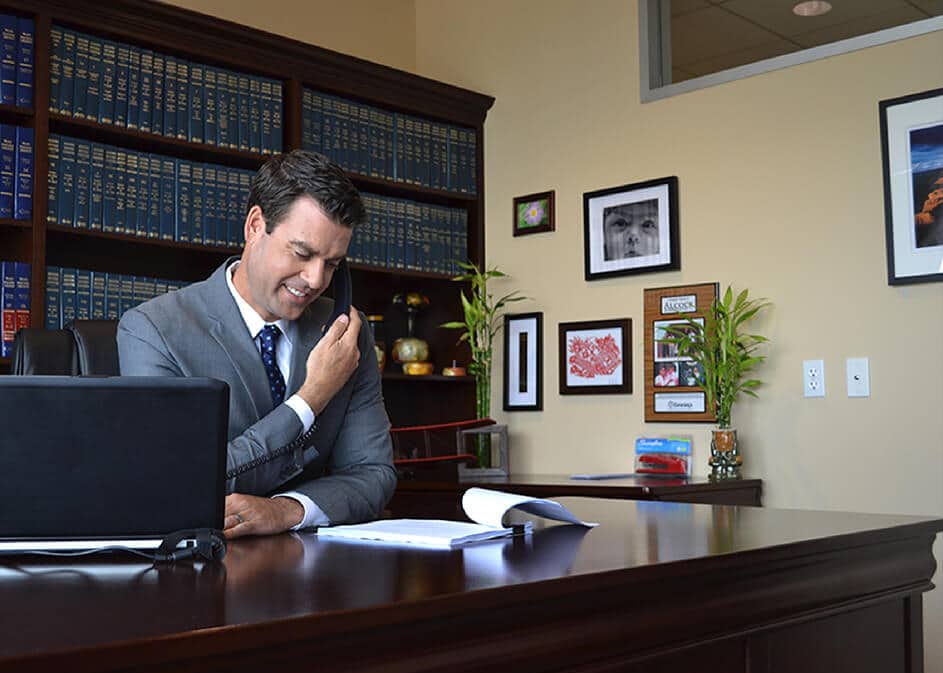
REPRESENTATION YOU DESERVE
Here at Alcock and Associates our team and staff are dedicated to helping and representing YOU. The first step is to understand your case. We will take the time to get to know you and your legal situation so that we are best able to answer all of your questions. After your initial consultation with our attorneys, you will know what you are facing and what can happen to your case.
EVERY CONSULTATION IS COMPLETELY FREE AND COMPLETELY CONFIDENTIAL.
Top Rated Phoenix Attorneys

